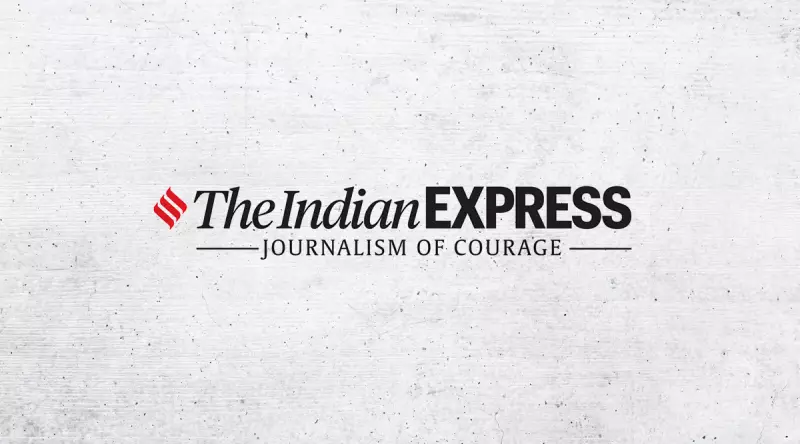
A sudden and severe disruption in compressed natural gas (CNG) supply brought Mumbai's bustling Monday morning commute to a grinding halt, leaving thousands of commuters, office-goers, and students stranded across the city. The crisis, which began on Sunday afternoon, reached its peak during the Monday rush hour, creating a city-wide transportation nightmare.
The Root of the Crisis: A Damaged Pipeline
The supply chaos originated from damage to a critical GAIL pipeline inside the RCF compound. This incident directly cut off the gas supply to the Mahanagar Gas Limited (MGL) City Gate Station in Wadala, a key hub responsible for feeding CNG to Mumbai, Thane, and Navi Mumbai. In an official statement, MGL confirmed that the supply to its Wadala station was hit due to third-party damage in the main gas supply pipeline of GAIL.
While the company prioritized maintaining the domestic piped natural gas (PNG) supply, it asked industrial and commercial consumers to switch to alternative fuels. Crucially, MGL has not provided any timeline for when the CNG supply is expected to resume and normalize, leaving the city in a state of uncertainty.
City Streets Paralyzed as Vehicles Vanish
The overnight fuel unavailability had an immediate and visible impact on the city's transport ecosystem. Hundreds of auto-rickshaws, taxis, and app-based cabs stayed off the roads. Many drivers reported exhausting their remaining CNG on Sunday evening and, with no fresh supply at the pumps, were completely unable to start their morning rounds.
Transit hubs like Kurla witnessed severe disruption as people struggled to reach universities, corporate offices in the Bandra-Kurla Complex (BKC), and hospitals. With rickshaws and cabs missing from the streets, BEST buses became the only viable option for thousands, leading to massive overcrowding.
Commuters and Drivers Share Their Ordeal
Priya Patil, a student travelling from Kurla to her university in Kalina, encapsulated the commuter frustration. “There were no autos anywhere. The buses were packed, and I had to force my way in. A journey that usually takes 15 minutes took almost 40,” she said, after being stuck at a bus stop for nearly 30 minutes.
On the other side, auto drivers like Sameer Shaikh, who operates near Kurla West, expressed their helplessness. “Passengers were pleading for rides, but what can we do? There is no CNG... I waited at the petrol pump for one and a half hours, but there was no fuel. We have no option but to just park the autos,” he lamented.
The desperation was palpable at petrol pumps across the city. A Santacruz petrol pump saw a queue of nearly 100 vehicles spilling onto the main road, stretching almost 100 metres and adding to the morning congestion. Rakesh Pawar, an Ola driver, had been in line since 6 am. “Everyone thought supply would start in the morning. But the pump has been dry since yesterday. The entire line has not moved,” he stated.
Another driver, Imran Khan, highlighted the financial toll, saying, “People think we are refusing passengers. We can’t even start our vehicles. The whole city is waiting for gas.” The sentiment was echoed by student Sahil Jadhav, who described the scene as an “unannounced transport shutdown” where people were “running behind buses” that were “overflowing.”





